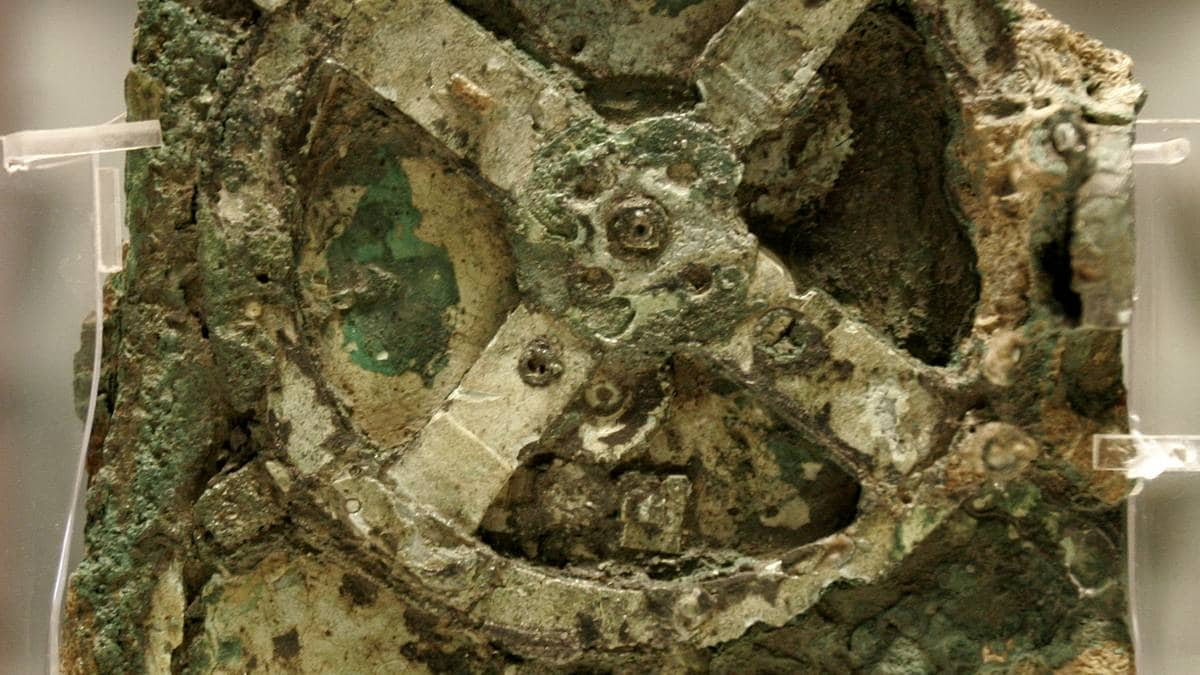Wednesday is world overconsumption day, the day when we have used up what the earth can give us in a year. From now on, we live on borrowed resources.
Days of Overconsumption calculated annually by the Global Footprint Network organization. This year the day falls a little later than last year, which was celebrated on July 28. The long-term trend that the day is coming earlier and earlier already shows this WWF World Fund for Nature.
– Day Beyond Earth has been moved three months in the last 35 years. We are consuming food in an unprecedented way, and are unable to stay within the limits of tolerance on earth, said Secretary General Karoline Andaur.
WWF writes that the world is in an acute natural crisis, and more than two-thirds of the world’s animal population has disappeared in half a century.
Norway is at peak consumption
If global consumption levels are to be sustainable, we need 1.7 planets. If each person had as much consumption as Norway, we would need the full 3.6 planets.
Norway’s overconsumption day has arrived on April 12th. By then we had used up our share for the year.
Norway ranks 26th in terms of per capita consumption, and only a small part of the economy can be considered circular, Andaur said.
– Norway is currently only 2.4 percent circular. This means that most of the things we buy are thrown into landfills. Things like this cannot continue.
The organization he leads is calling for a circular economy action plan announced by the government. This must be done as soon as possible and have concrete and effective steps, wrote WWF Verdens naturfond. With Naturvernforbundet and Framtiden in our hands, they proposed several steps, including nature and climate budgets to manage the economy so that it remains within the earth’s tolerance limits.
Cut the footprints in half
The three organizations say that halving the economic impact should be a key goal of the circular economy. This will ensure a marked reduction in overconsumption, they said. For Norway, halving consumption would bring us almost to the world average level.
In the case of online, WWF and other organizations also ask authorities and businesses to report how circular they are and show whether resource consumption is decreasing. In addition, they want to impose an environmental tax on the use of new resources, so that it will be cheaper to invest in reusing and recycling raw materials.
– Norway has advocated that the global natural footprint be reduced by 50 percent. Now it’s important to follow up big words with action. If we want the rest of the world to get on board, it’s important for rich countries like Norway to show leadership and follow through on steps that can reduce their footprint both at home and in global value chains, Andaur said.

“Music maven. Evil pop culture lover. Unapologetic creator. Friend of animals everywhere.”






